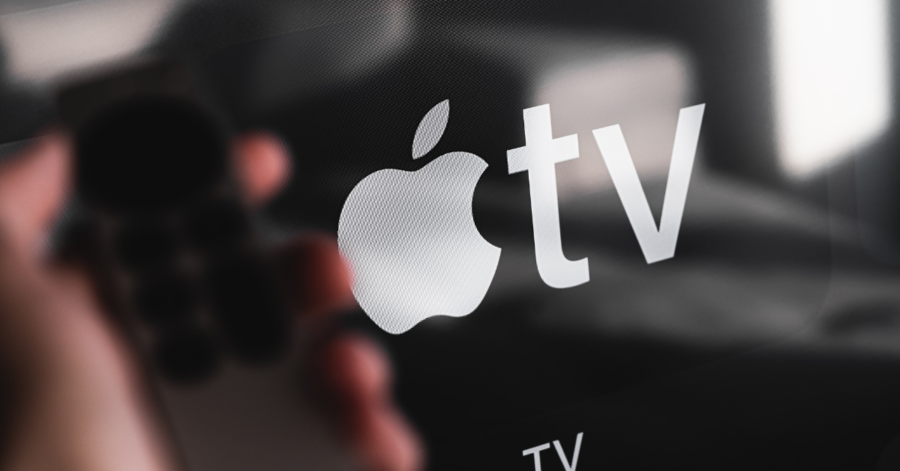For some writers, finding a way to start is the most difficult thing. I find it hard to sit down and write at home without feeling like I need to turn on the TV for background noise. Other times, I grab a cup of coffee and turn my most comfortable chair towards the front window. The covered porch gives me a nice view of the quiet neighborhood I live in. Across the street, a man lives with his two dogs, who like to hang out of the second story window. The canines will bark incessantly at anything that looks in their general direction, and after a while, I must close my blinds. With so many stimuli around me and at my fingertips, finding a way to really focus is often the only real hurdle.
As much as I don’t like to admit it, I too often feel like I can only write when the time is right and when that time is not on my side. In recent years, I’ve posted a whiteboard on the kitchen wall for any ideas or things that have a deadline. It helps me keep important things in order, and I no longer forget those million-dollar, 20-second elevator pitches, homework deadlines, or article ideas. Remembering the pitches, deadlines, or article ideas isn’t the problem – finding the focus is.
I tried having the TV on as background noise, but even the most mundane show seemed interesting while doing homework, and before I know it, I’d watched three seasons of ‘Hotel Impossible.’ I have a Spotify student subscription that also grants me access to Hulu and Showtime for $4.99 a month. Not going to be able to pay music artists proper royalties at that price point – but that’s another article for another day. I like to listen to music that I would describe as “chill,” but lyrics make it hard for me to type my words and not the artists. I’d be mortified if I accidentally wrote about my “achy, breaky heart” by mistake.
I tuned into the popular YouTube channel ‘Lo-fi Hip Hop Girl: Beats to study/relax to’ but again got distracted by the live chat and later the suggested videos (I’ve been watching the story of Leon, the grocery store lobster lately). The lo-fi beats were good for clearing my mind. There are no lyrics to the songs or beats that play on that page. I was reminded by the calming sounds of an app on my phone that pairs with an Oculus program called TRIPP. On this companion app is a library of sounds and frequencies paired with relaxing geometric designs that resemble a desktop screensaver (if you can remember what those look like). The different meditative sound categories include “Calm,” “Focus,” “Sleep Preparation,” and many more. The product it pairs with, TRIPP, is a virtual reality meditation program. Thousands of users use it daily to increase focus and reduce stress, and it is a great example of technology that has been developed for the greater good.
Another example of an app that can be used for meditation or studying is the Calm app promoted by future NBA Hall of Famer Lebron James. The app is available for iPhone and Android and features in-app purchases. The soundscapes include dreamy synthesizers, Tibetan singing bowls, and ambient bells. The app provides the perfect mix of white noise while allowing me to clear my mind and focus on research and writing. For more information on TRIPP and Calm, click on the respective links.















